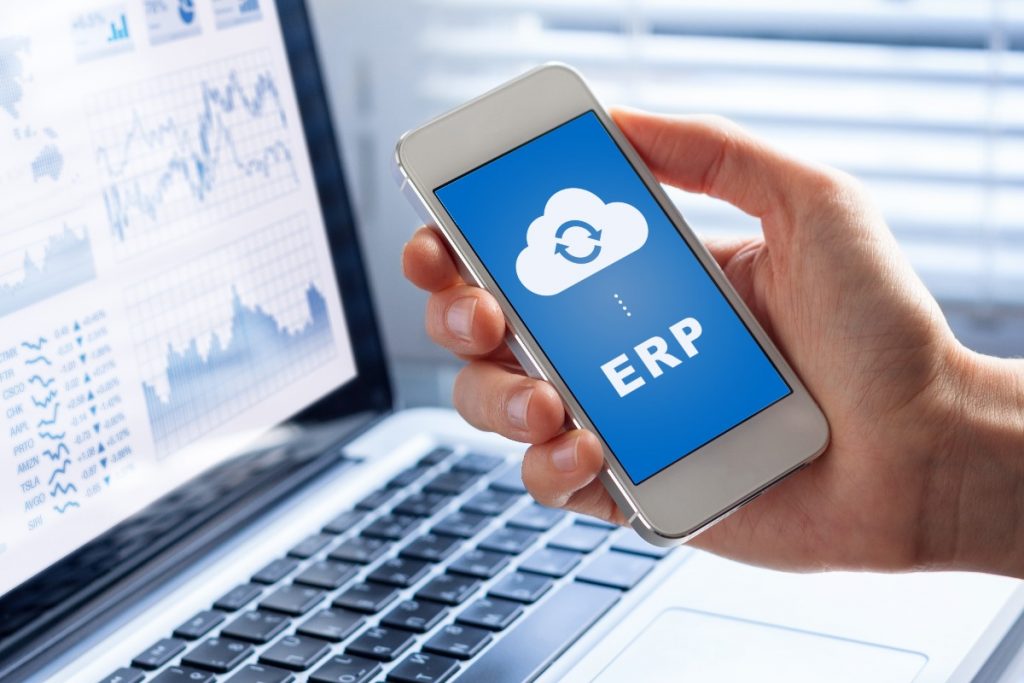Digital archiving is a modern-day storage solution adopted by businesses across different industries, and it’s high time you catch up on why you need it for your business. Here’s why you need digital archiving and the essentials to consider when choosing a system.
You Won’t Lose Your Data
Archiving your business’s information ensures that you won’t lose data, which can be extremely helpful for your business. For instance, you can digitally archive Microsoft Yammer, a team collaboration tool that helps professionals communicate better. The system can help you monitor, capture, and preserve personal information and communications. A digital archive guarantees the safety and protection of your business’s data.
Be More Economically Efficient
Digital archiving can be more economical since it can save you a lot on paper and stationery. After all, transporting hard copies of your business’s data from one place to another can be costly, and it’s one of those expenses that not many business owners realize is silently emptying their pockets. However, once your data is online, you won’t need to transport them physically since you can access them from anywhere with one click.
Easier Retrieval
Once paper documents have gone through a shredder, it’s gone — forever. However, when you have these documents online, you won’t need to delete them since most digital archiving solutions offer ample space for storage — and if you ever accidentally delete them, you can always retrieve them with ease.
Additionally, you may misplace physical files, which can be problematic later on. However, with digital archiving, that won’t be an issue since the system usually double-checks with you before taking action.
Essentials to Consider When Choosing a Digital Archiving Solution
With the ever-expanding sector regulations, changing regulatory requirements, and an evolving content landscape, many businesses are now struggling to achieve long-term compliance, especially when controlling data storage costs. Luckily, digital archiving can solve that for you.
Here are the essentials to consider when choosing a digital archiving solution.

Reliability and Backup Structure
Ensure that the digital archiving solution you pick has back-up protocols in place to guarantee that you’re always prepared for the worst. After all, error and malfunction can happen at any time. That’s why having a disaster recovery policy is crucial for your business. The solution helps you secure your archived digital records without worrying about them getting overwritten or lost.
Search and Indexing Functionality
When choosing a digital archiving solution, make sure it’s compatible with the structured content your business has alongside other databases, such as in “.CSV format.” Plus, it should allow you to perform searches on archived documents.
Integration in ECM
An enterprise management system (ECM) is different from a digital archiving system. However, they do go hand in hand. ECM platforms can help you manage business data, whether it’s digital documents or other content daily. However, you can’t entirely ensure their authenticity and durability. That’s where digital archiving comes in. Combining these two can help you secure all the relevant information in your business while giving you access to manage them continually.
Hardware Independence
Hardware independence is essential to ensure that your digital archiving system would be able to meet your business’s current and future needs. To avoid issues later on, ensure that your software works with all kinds of storage technologies following the WORM (write once, read many) principles. WORM technology guarantees the secure preservation of data in an unalterable compliance-ready format, meaning no one can modify or overwrite it — keeping your business’s information safe and secure.
Compliance with Regulations and Norms
Choosing the “right” digital archiving system can help you avoid problems of non-compliance with regulatory statutes, guaranteeing consistent application policies throughout your organization, all while providing audit reports. Most regulations regarding digital archiving across different countries share two main points: the data needs to be set in time, and the storage media must be unalterable.
Overall, it’s best to consider digital archiving systems that comply with regulations across countries and industries to avoid legal issues later on.
Preservation Volume
Finally, determine if investing in digital archiving makes sense for your business. For instance, if you only have less than 3,000 documents you need to preserve, outsourcing digital archiving is ideal. However, if you hit 3,000 or more, you’ll need to have a reliable and scalable digital archiving solution to keep them secure and free your office from clutter.
Overall, digitally archiving documents help you store important information while clearing out the clutter from your office — and following the essential considerations mentioned can help you find the best digital archiving solution for your business.








